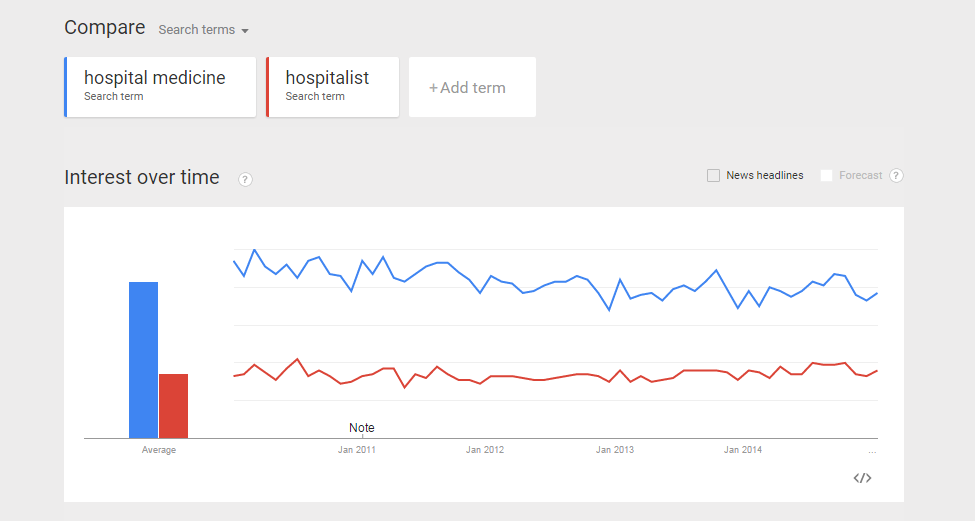I have detected something unusual. Take a look at the cited quotes below and see if you can spot what I am referring to. Both come from a national newspaper. Here’s the first:
On arrival, Larson was put in a room and examined by a physician assistant. He didn’t stop at the admissions office because his information and treatment orders already had been placed into the hospital computer system.
Larson was subsequently seen by an internal medicine hospitalist, an infectious-disease doctor and an orthopedic surgeon, who conferred regularly about his care over the next four days. He required 12 days of intravenous antibiotics after discharge; medical supplies were delivered within an hour of his arrival home. A nurse followed shortly to teach him how to administer the medication and give him a 24-hour phone number for a nurse and pharmacist.
And here is the second:
The hospitalist treating Albright told her that the elusive oncologist was no longer affiliated with the HMO. “Now I had no doctor,” said Albright, who insisted that a gastroenterologist see her. The GI specialist told her that there was no sign of an infection and that her problem was most likely a bad reaction to chemo.
Since the establishment of the word, I have never seen the mainstream media use the term hospitalist without a clarifying sentence–in contrast to specialties like cardiologist or ophthalmologist. I would assume, because everyone recognizes those titles, journos don’t feel the need to dispense further info.
However, with our profession, you always see a pre or postamble with the usual embedded descriptor, ie, “the hospitalist, a physician who focuses their practice on hospitalized patients, etc,” or some similar clone. We never got our self-titled TV show. And we never had George Clooney screaming from the rooftops, “I am hospitalist, hear me roar.” A hospital medicine reference always required a Mirriam-Webster link.
Fast forward to the twenty-tens, and we have key folks in high places (see CMS , SG, and influential dude-in-chief), and we have set up shop in just about every inpatient institution across the country. Perhaps we have hit peak hospitalist?
I rarely explain to patients or families these days what my title means–they know, and it’s been at least five years since my parents asked me “what do you do again?” Progress.
On google trends, the terms hospital medicine and hospitalist seem to have flattened—so indeed, perhaps we have arrived.
Now all we need is our own journal, specialty society, unique skill set and CME venue, specialty certification, and advocacy presence. Then will be ready for our own specialty designation. I cannot even imagine.




“Now all we need is our own journal, specialty society, unique skill set and CME venue, specialty certification, and advocacy presence. Then will be ready for our own specialty designation.”
Uh, you have all that. Apply your Googling skills to the phrase “internal medicine.” What else is a board cert in internal medicine for, besides a fellowship application?
I also would advise you not to go down the rabbit hole of defining a “unique skill set.” Emergency medicine doctors (the last doctors to go through the process described) argue endlessly about that, but the fact of the matter is that the practice setting and the patients define the challenge and the challenge determines what skills you need to meet it. Who cares if a specialist in a quiet office also uses the skill on a carefully selected group of patients? It doesn’t make your skill set less unique.
Rob
For my response, see here:
http://dictionary.reference.com/browse/irony
You make my life too easy 🙂
Brad
Experienced my first Hospitalist (as a patient) 14 days ago. As a Retired RM wjth 43 years in nurse management I say….best thing to happen to patient care within a hospital since Electricity or Running Water. I was extremely impresed.